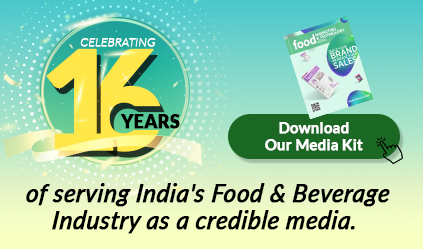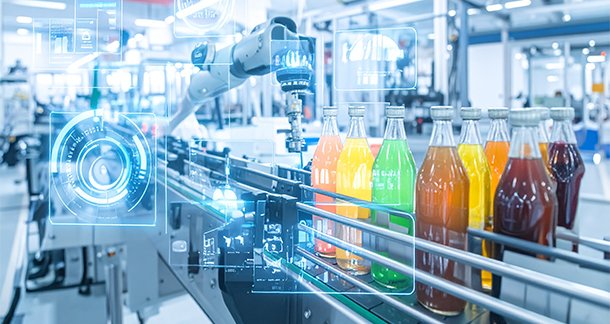Introduction
Once mainly reliant on conventional production methods, the beverage industry is currently undergoing a technological revolution. The production, packaging, and distribution of beverages are being completely transformed by cutting-edge technologies including automation, artificial intelligence (AI), the Internet of Things (IoT), and sustainable processing. These developments meet the needs of current consumers for sustainability, customization, and safety in addition to increasing productivity and product quality. The most recent cutting-edge innovations in the beverage business are examined in this article along with their effects on both the industry and customers.
- Automation and Robotics: Enhancing Efficiency and Safety
A key element of contemporary beverage production is automation. Robotic systems now carry out repetitive tasks with unparalleled speed and accuracy, from bottling to labeling. Robotic arms, for example, can handle up to 120,000 bottles per hour in high-speed bottling lines, greatly lowering workplace accidents and human mistake (Kumar & Nayak, 2021).
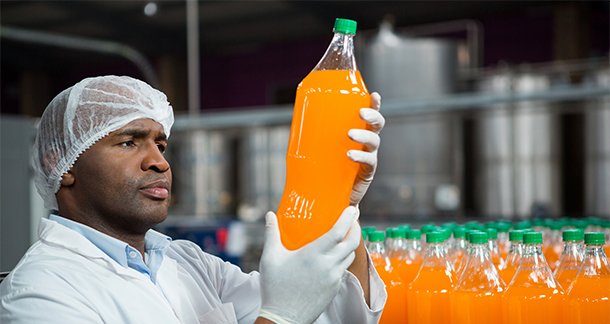
- Internet of Things (IoT): Intelligent Monitoring and Traceability
Real-time decision-making and transparency are being improved by the beverage industry’s implementation of IoT. To improve processes, IoT-enabled devices receive data from production lines while keeping an eye on temperature, pressure, humidity, and other crucial variables. To guarantee the best possible taste and quality, for instance, smart fermentation tanks in breweries can modify internal conditions depending on real-time data (Sahoo & Pattnaik, 2022).
IoT also makes the supply chain’s traceability better. Manufacturers are able to track each product’s journey from the factory to the customer by using RFID tags and smart packaging. For product recalls, shelf-life monitoring, and guaranteeing adherence to food safety laws, this is particularly important.
- Artificial Intelligence and Machine Learning: Predictive and Adaptive Systems
These days, product development, inventory optimization, and demand forecasting are all done with AI and machine learning algorithms. As an example, Coca-Cola has employed artificial intelligence (AI) to assess consumer preferences and design novel beverage varieties, including Cherry Sprite (Mehta, 2023).
Machine learning models are used in quality control to forecast equipment failure before it occurs by analyzing massive datasets from production sensors. While maintaining product consistency, predictive maintenance helps minimize downtime and prevent expensive repairs.
AI is being applied to customer service as well. Beverage firms may establish a closer connection with their clients through personalized marketing campaigns powered by AI-based consumer behavior research, which provides customized product recommendations and targeted discounts.
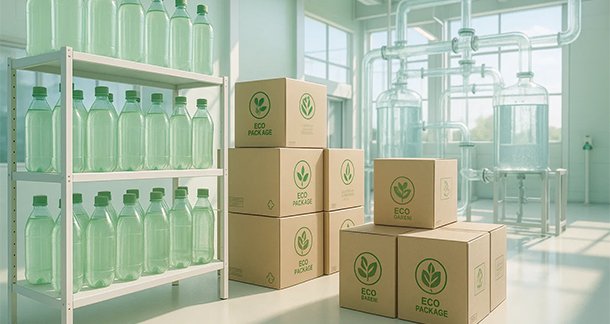
- Sustainable and Green Technologies
Nowadays, the core of beverage innovation is sustainability. Eco-friendly packaging, energy efficiency, and water reuse technologies are becoming increasingly popular. Advanced membrane filtering methods, for example, minimize effluent formation and recycle rinse water, hence reducing water waste in beverage processing (Pereira et al., 2021).
Packaging technologies such as edible films and biodegradable bottles manufactured from plant-based polymers are becoming more popular. Investing in biodegradable packaging has helped PepsiCo and Nestlé cut down on plastic pollution. The carbon footprint can also be considerably decreased by using lightweighting techniques, which use less material per bottle or can.
- Digital Twins and Simulation Models
Utilizing digital twins, which are virtual copies of real assets like fermentation tanks or bottling lines, is a state-of-the-art technology in the beverage sector. Without interfering with real-time operations, manufacturers can use these digital models to model and optimize production scenarios. According to Ghosh et al. (2023), they aid in locating bottlenecks, testing novel recipes, and cutting down on development time.
Planning and scaling operations are two areas where digital twins are very useful. They enable more economical and efficient operations by offering insights into process dynamics, equipment wear, and energy consumption.
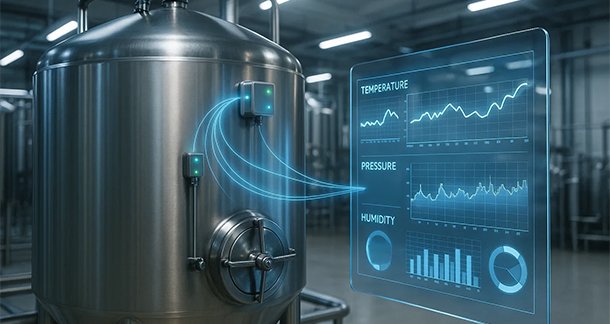
- Advanced Beverage Formulation and Nutraceutical Integration
To create functional and nutraceutical drinks, beverage businesses are using biotechnological methods as customer preferences shift toward healthier options. For instance, encapsulation technologies make it possible to add vitamins, probiotics, and plant extracts to drinks without sacrificing flavor or shelf life.
Health-conscious beverages are using nanoemulsion technology to increase the bioavailability of their active ingredients. This is particularly prevalent in non-alcoholic tonics, wellness shots, and sports beverages that are meant to increase mental clarity and immunity (Singh & Thakur, 2022).
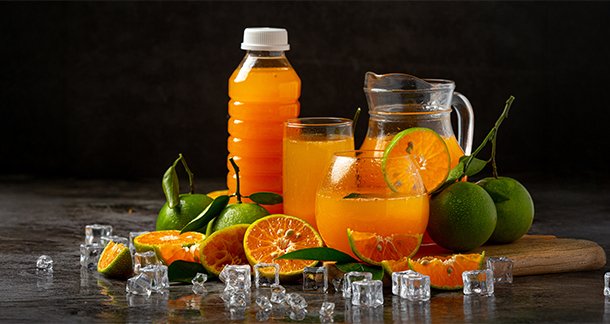
Conclusion
Modern technologies are changing the beverage business to become a more intelligent, flexible, and sustainable one. Automation, artificial intelligence, green packaging, digital twins, and other innovations are tackling today’s problems while opening doors for efficiency, personalization, and environmental responsibility.
Food scientists, engineers, and technologists will need to work together as these technologies develop further. Consumer preferences, health requirements, and environmental concerns are still the most important human factors driving innovation in the beverage sector. The industry is not only changing, but also developing into a responsible force for the welfare of the world by concentrating on technology that benefits both people and the environment.
About Author
Mulla Sai Teju
M.sc Food Science and Nutrition Student
Mount Carmel College, Autonomous, Bengaluru.
